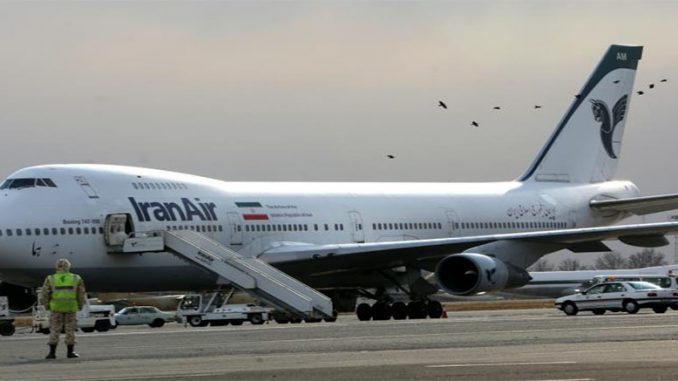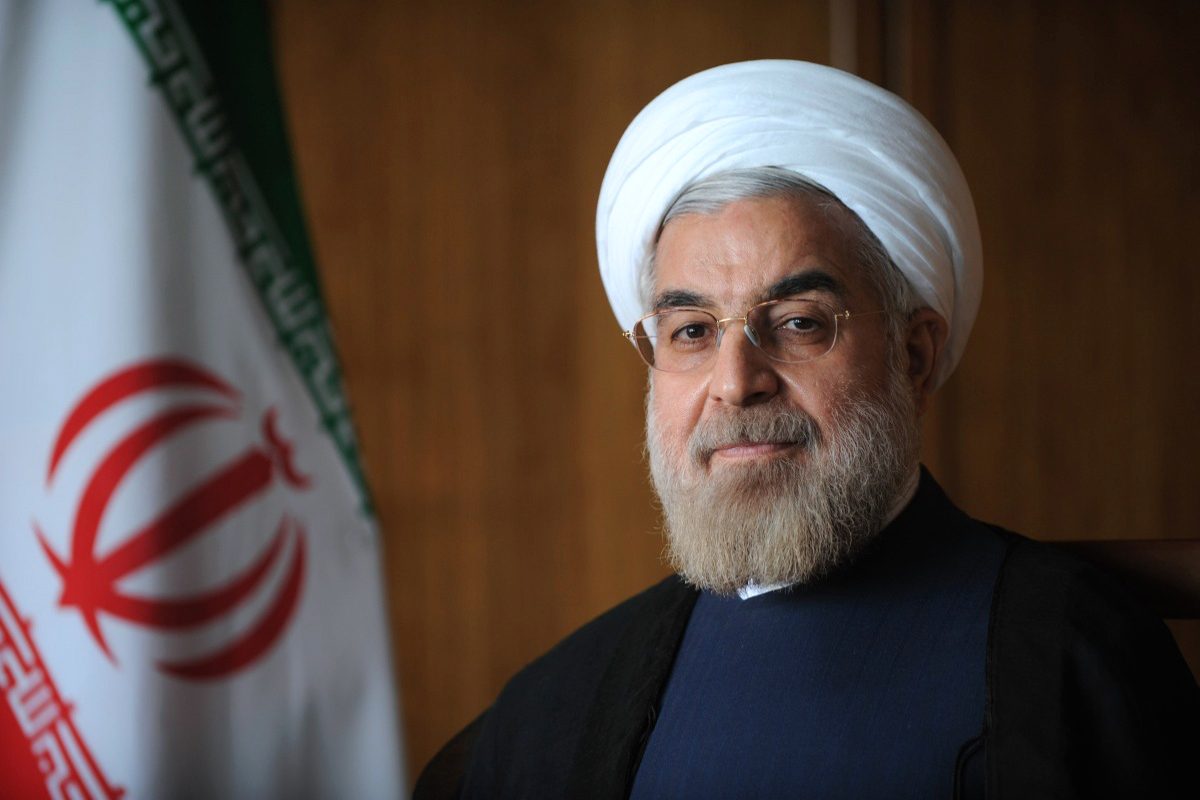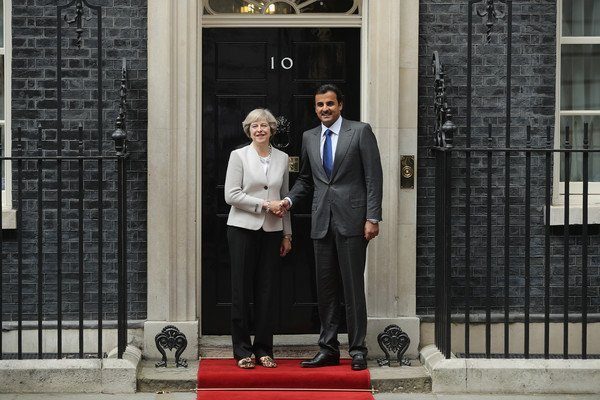
Iran sent five planes of food to Qatar days after Gulf countries cut off air and other transport links to the emirate.
Iran sent five planes of food to Qatar, Iran’s national carrier confirmed on Sunday, days after Gulf countries cut off air and other transport links to the emirate amid an escalating diplomatic crisis.
Some 90 tonnes of food was sent to Doha, Iran Air spokesman Shahrokh Noushabadi said.
“So far five planes carrying perishable food items such as fruit and vegetables have been sent to Qatar, each carrying around 90 tonnes of cargo, while another plane will be sent today,” Noushabadi said.
“We will continue deliveries as long as there is demand” from Qatar, Noushabadi added, without mentioning if these deliveries were exports or aid.
Three ships loaded with 350 tonnes of food were also set to leave an Iranian port for Qatar, the Tasnim news agency quoted a local official as saying.
The port of Dayyer is Iran’s closest port to Qatar.
In the biggest diplomatic crisis in the region in years, Saudi Arabia, Bahrain and the United Arab Emirates, plus Egypt and Yemen, on Monday announced they were cutting all ties with Qatar, accusing it of allegedly supporting extremism and having good ties with Saudi Arabia’s regional-rival Iran.
While Iran has urged Qatar and neighbouring Gulf countries to engage in dialogue to resolve their dispute, the Islamic republic has also opened its airspace to about 100 more Qatari flights a day, after Saudi Arabia, Bahrain and the United Arab Emirates banned Qatari planes from their airspace.
The new flights have increased Iranian air traffic by 17 percent, the official state news agency has reported.
On Saturday, Amnesty International warned of the “heartbreak and fear” being suffered by potentially thousands of ordinary individuals because of the political dispute in the Gulf that has isolated Doha.
“Saudi Arabia, Bahrain and the United Arab Emirates are toying with the lives of thousands of Gulf residents as part of their dispute with Qatar, splitting up families and destroying people’s livelihoods and education,” the London-based human rights watchdog said.
“For potentially thousands of people across the Gulf, the effect of the steps imposed in the wake of this political dispute is suffering, heartbreak and fear,” said James Lynch, deputy director of Amnesty’s Global Issues Programme, who was in Doha last week.
“These drastic measures are already having a brutal effect, splitting children from parents and husbands from wives,” said Amnesty after its researchers interviewed dozens of people affected by the crisis.
“People from across the region… risk losing jobs and having their education disrupted.”
Amnesty, quoting Qatar’s National Human Rights Committee, said more than 11,000 nationals of Bahrain, Saudi Arabia and the UAE live in Qatar, while many Qataris are residents of the three other Gulf states.
Amnesty also pointed out that Bahrain, Saudi Arabia and the UAE had warned of harsh punishments, including up to 15 years in jail, “if they dare to criticise these measures” against Qatar.
“Prosecuting anyone on this basis would be a clear violation of the right to freedom of expression. No one should be punished for peacefully expressing their views or criticising a government decision,” said Lynch.



